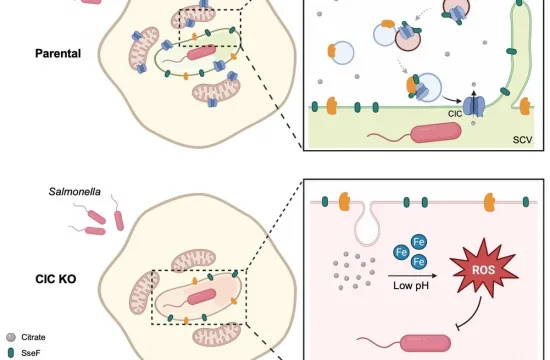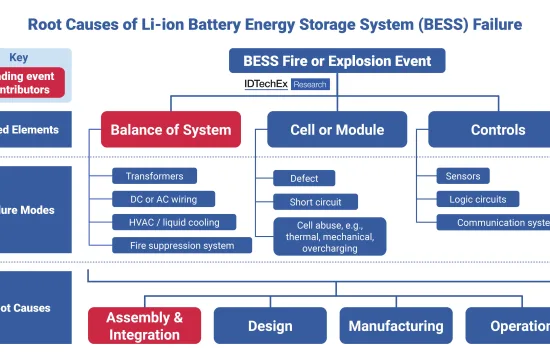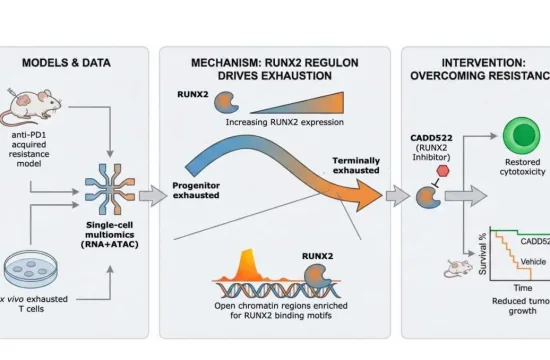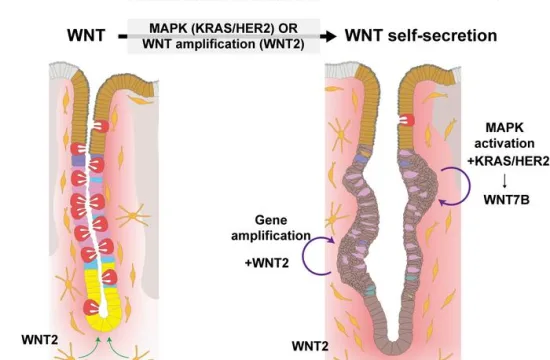|
Getting your Trinity Audio player ready...
|
NSF awards $12.5 million to advance the science of sustainability through innovations in computing and communication technologies
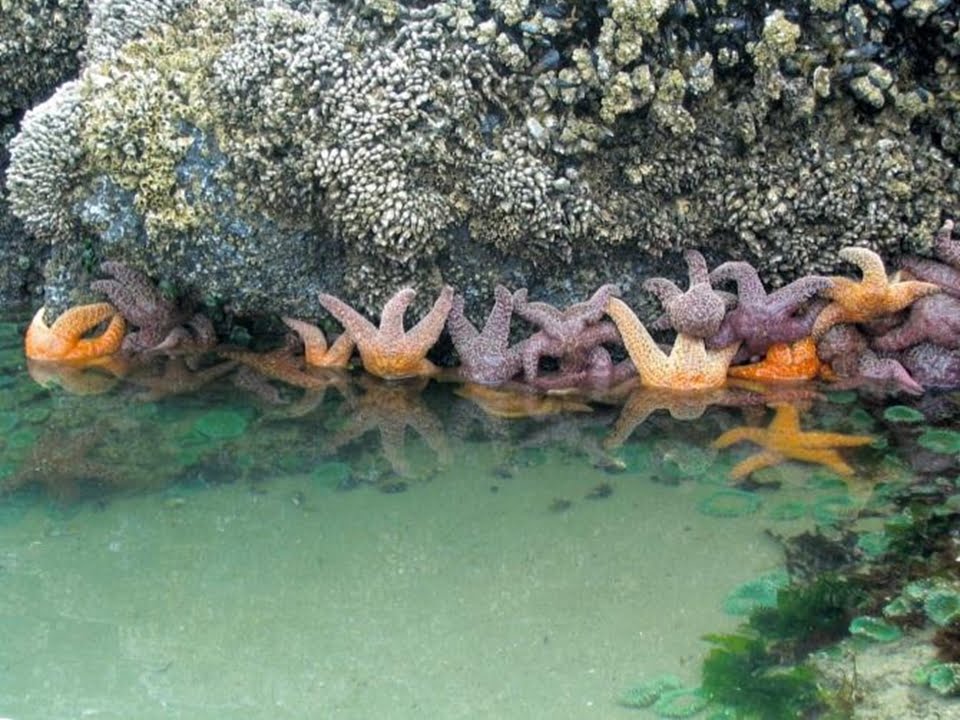
Credit: Tarik C. Gouhier, Marine Science Center, Northeastern University
NSF News:– Developing a sustainable society requires an all-hands-on-deck effort, one in which computer science and information technology have an important role to play.
Today, the National Science Foundation (NSF) announced $12.5 million in grants to 16 projects spanning 15 states through the Cyber-Innovation for Sustainability Science and Engineering (CyberSEES) program. The awards aim to advance the science of sustainability in tandem with advances in computing and communication technologies.
The two-to-four-year grants, ranging from $100,000 to $1.2 million, bring together teams of researchers from computer science and other disciplines to develop new tools, technologies and models that advance sustainability science.
“Computing plays a central role in understanding and promoting sustainability science in a range of areas from climate models to managing watersheds. At the same time, work on these problems can fuel advances in computing, for example, in optimization, modeling, simulation, prediction, decision-making and inference,” said Suzi Iacono, acting assistant director for Computer & Information Science & Engineering at NSF.
The CyberSEES program aims to advance interdisciplinary research in which the science and engineering of sustainability are symbiotically advanced through innovations in computing, and where computational innovation is grounded in the context of sustainability problems.
“The first two years of the program have proved instrumental in aligning innovations in computing with the natural sciences for mutual benefit in areas that include renewable energy, smart buildings, transportation, coastal biology, carbon cycles and agriculture,” said Phillip Regalia, a program officer at NSF overseeing the CyberSEES program. “It is imperative that the science we support leads us to better understand, anticipate and respond to the challenges that lie ahead.”
One example of an area where CyberSEES has the potential to have significant impact is in the harvesting of energy from ocean waves. Ocean waves have the potential to economically deliver more than one quarter of the nation’s electricity needs, yet to date, they are a largely untapped energy resource.
An interdisciplinary research team from Lehigh University was awarded a CyberSEES grant to study and optimize the operations of future wave farms, which will test the production of electricity across an array of wave energy conversion devices.
“We hope to validate the economic and environmental feasibility of wave power and drive forward the significant research and development efforts currently underway to bring the potential of wave energy conversion to fruition on the power grid,” said Shalinee Kishore, an associate professor of electrical and computer engineering at Lehigh University and the principal investigator on the project. “Efficient and economic harvesting of the energy in ocean waves offers an electricity future with a more diverse supply portfolio, reduced greenhouse gas emissions and higher sustainability impacts.”
Understanding the relationship between climate change and critical ecosystems is another area where NSF hopes innovations in computing can spur game-changing advances.
A project led by Jennifer Dy, an associate professor of electrical and computer engineering at Northeastern University, seeks to advance the understanding of how near-shore marine organisms may cope under extreme temperature stress with innovative mathematical and computer science methods.
“By improving our ability to forecast the ecological effects of climate change, the methods and results from this project will allow us to devise new spatial management strategies to maximize the resilience and sustainability of exploited coastal ecosystems,” Dy said.
For instance, by identifying how ‘hot spots’ of ecosystem vulnerability move in space and time, Dy’s framework will inform scientists and policy makers to shift their monitoring efforts and harvesting regimes in order to avoid overburdening climate-stressed ecosystems.
Other CyberSEES projects range from efforts to develop advanced cryptography to support the sharing of product life-cycle information by corporations to studies exploring the relationship between climate change and extreme weather events.
The CyberSEES program is one component of NSF’s Science, Engineering and Education for Sustainability (SEES) activities, a Foundation-wide effort aimed at addressing the challenge of sustainability through support for interdisciplinary research and education. In the SEES context, a sustainable world is one where human needs are met equitably without harm to the environment or sacrificing the ability of future generations to meet their own needs.




